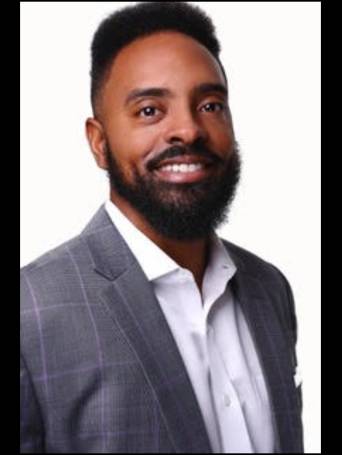
Anthony Thomas is a strategic planning and organizational management professional who focuses on the intersection of politics, policy, strategy, and advocacy. He focuses on building systems and operationalizing campaigns to procure funding or increase public engagement for clients. In addition, he’s advised leadership teams on investments, managed external consulting teams for clients and helped create internal processes to increase impact and influence.
Anthony currently serves as a Managing Director for Actum, LLC with almost two decades of experience leading successful campaigns from congressional and legislative speaker elections, to voter education and issue advocacy efforts. Prior to joining Actum, Anthony founded the The Uptown Table, where he partnered with clients ranging from large workforce development organizations, to labor unions, to economic justice and organizing nonprofits.
Previously, he served as the Senior Director for Strategic Planning at the Consortium for Worker Education (CWE). He also served as the Political & Legislative Director for the New York City Central Labor Council, AFL-CIO helping unions and affiliates build power. Recently Anthony led a successful voter turnout campaign in New York City that has been heralded as leading to the election of Mayor Eric Adams and he led the campaign for New York City’s first Black City Council Speaker Adrienne Adams. He has directed political and legislative programs in the labor movement in New York and Chicago, managed citywide campaigns in New York and San Francisco, and city, state and federal races around the country.
Anthony began working in politics in Missouri managing campaigns and served as the Chief of Staff of the Missouri Democratic Party. He serves as an adjunct professor to students at SUNY Empire State College and New York University. Additionally, he serves on the board of Community Voices Heard Power (CVHP) helping support organizing and power building and on the advisory committee of Forward Majority. He has a BA in History from the University of Missouri and a MPA in Public Administration and Leadership from New York University.